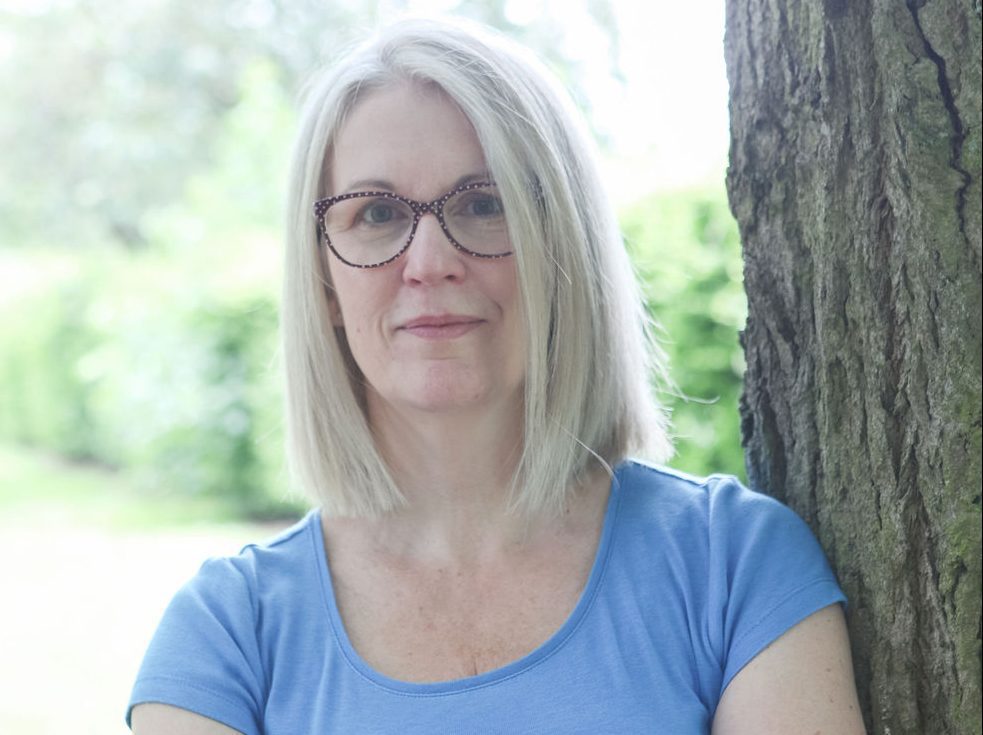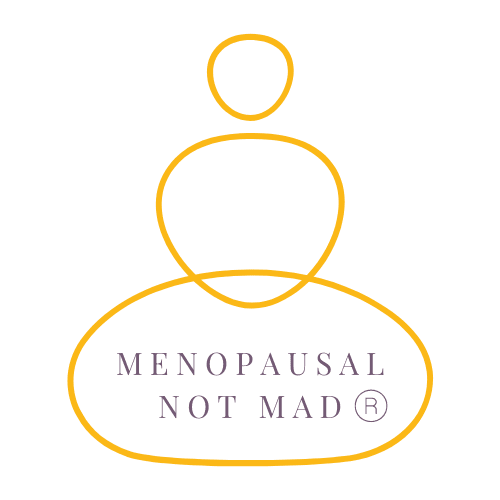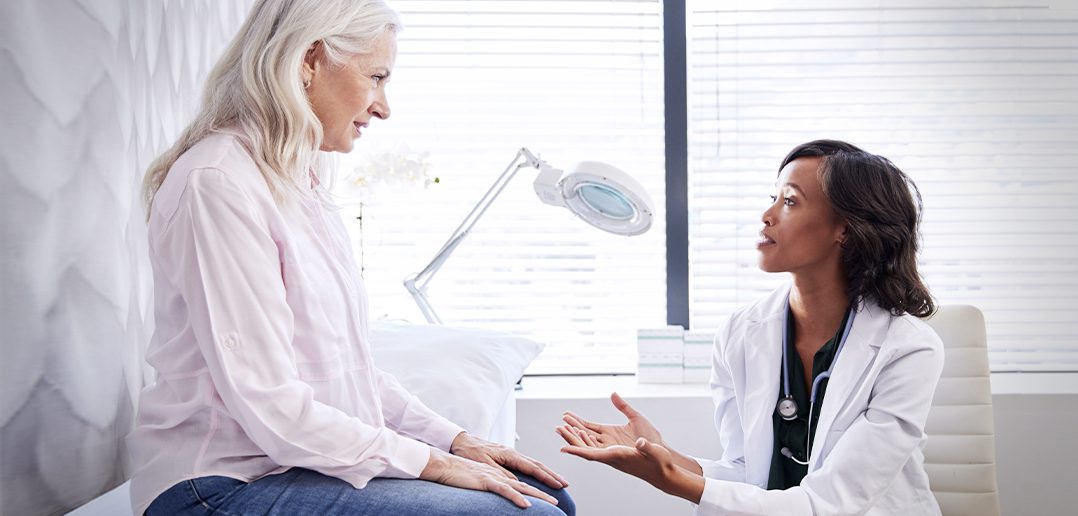HRT and Breast Cancer
“If Oestrogen were an important cause of breast cancer, we would expect rates of breast cancer to decline after menopause when oestrogen levels naturally diminish. Instead, breast cancer rates increase ”
Taken from Oestrogen Matters by Dr Avrum Bluming and Carol Tavris PhD (Introduction page 10: 2018)
As a starting point in your decision making process, I urge you to read the above book from cover to cover!
You will be inspired and amazed!
There have been numerous studies over the more recent years which have shown NO INCREASED BREAST CANCER RISK with estrogen therapy.
Many of these studies are covered in the above book.
*Spoiler alert! There is a higher breast cancer risk when using an electric blanket than taking HRT!
HRT links to breast cancer are driven by fear but this is mostly misplaced.
Some Small Stats!
The percentage of lung cancer patients who were smokers is around 85%
(The cure rate for lung cancer patients in 2018 was about 15%)
The percentage of breast cancer patients who ever used HRT is 11-24%
(The cure rate for breast cancer in 2018 was about 90%)

If you’ve read any of my blogs, posts or website info you’ll know that I am not a doctor and don’t pretend to be. I am however, a very well informed HRT educator with a head bursting with up to date HRT and menopause information!
It’s Complicated!
As I always say, you’re an individual and it’s your choice to make as to whether you choose HRT for your symptom management and long term health benefits.
Breast Cancer is the overarching term but there are different types of breast cancers which is very important to know.

Estrogen Receptor Negative Breast Cancer:
Menopause experts consider this type to be the same risk level for taking HRT as a woman who has not had breast cancer.
No studies currently evidence an increased risk with HRT
Ductal Carcinoma in Situ (DCIS):
I often speak to women in my community who have been told they cannot have HRT after having DCIS.
You may already know that this type of cancer is a ‘non invasive’ type and not life threatening; although still important to deal with and very treatable.
Estrogen Receptor Positive Breast Cancer:
The evidence is not as cut and dried in this situation but as mentioned above it is very helpful to read Oestrogen Matters to gain a better understanding of the facts (too much to list in this blog)
What Should You Do?
Breast cancer is common. However, about 10% of the breast cancers are genetic.
Of course, It is vital that if you do have a history or a family history of breast cancer, you should discuss your choices with your doctor.
The risk of a woman getting breast cancer is 1 in 7.
This means that 1 in 7 women taking HRT will get breast cancer. This is not as a result of HRT. This statistic relates to all women.
There is no strong evidence that having a family history of breast cancer puts you at any higher risk of getting breast cancer if you take HRT.
It is evidenced in some studies, that women with a family history of breast cancer who do take HRT can actually have a lower future risk of developing breast cancer compared to women who don’t take HRT.
The above evidence therefore means that a woman with a family history of breast cancer, including those women with the well known BRCA gene, can still usually safely take HRT.
How do you reduce your risk of breast cancer?
Stay a healthy weight
Take regular exercise
Avoid/stop smoking
Reduce alcohol intake
CHECK YOUR BREASTS EVERY MONTH FOR ANY CHANGES
Your lifestyle has the biggest impact on your breast cancer risk.
Exercising regularly, eating a balanced diet and reducing your alcohol intake are all key factors; as well as keeping your weight to a healthy level (sometimes we need our HRT to be able to focus on the weight reduction so don’t over think this part)
Ultimately, it has to be the right decision for you alongside the right information and support from your specialist.
It would be pointless taking HRT if you felt anxious about it every day so when you’re ready to make the decision I can help you get your head around it all but my message as always is…it’s all about balance and quality of life and Estrogen is not the bringer of doom you may have been told.
Jane Pangbourne is a Women’s Health Practitioner, HRT Educator, accredited nutritionist.
When you need more individual help with your symptoms or your HRT choice you can book a 1:1 video consultation via the services page.





